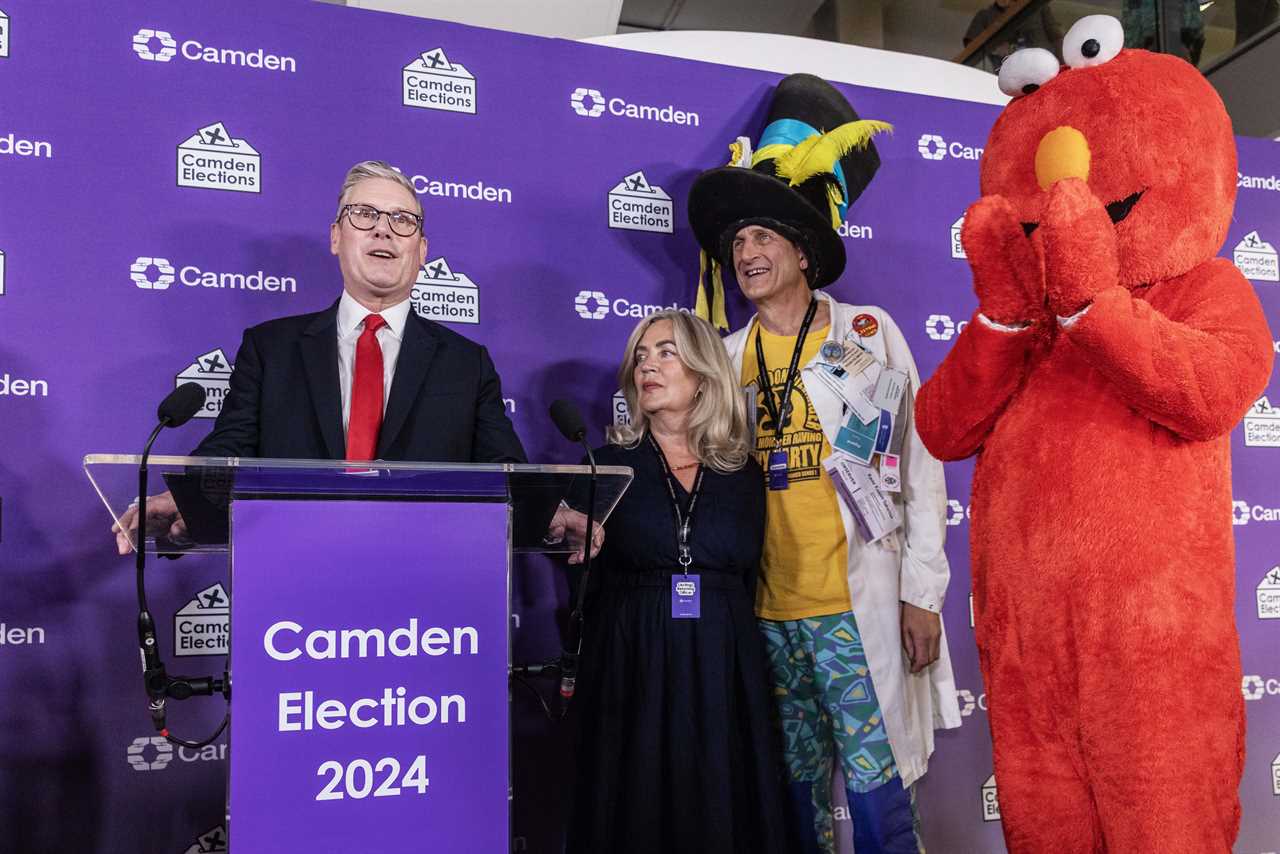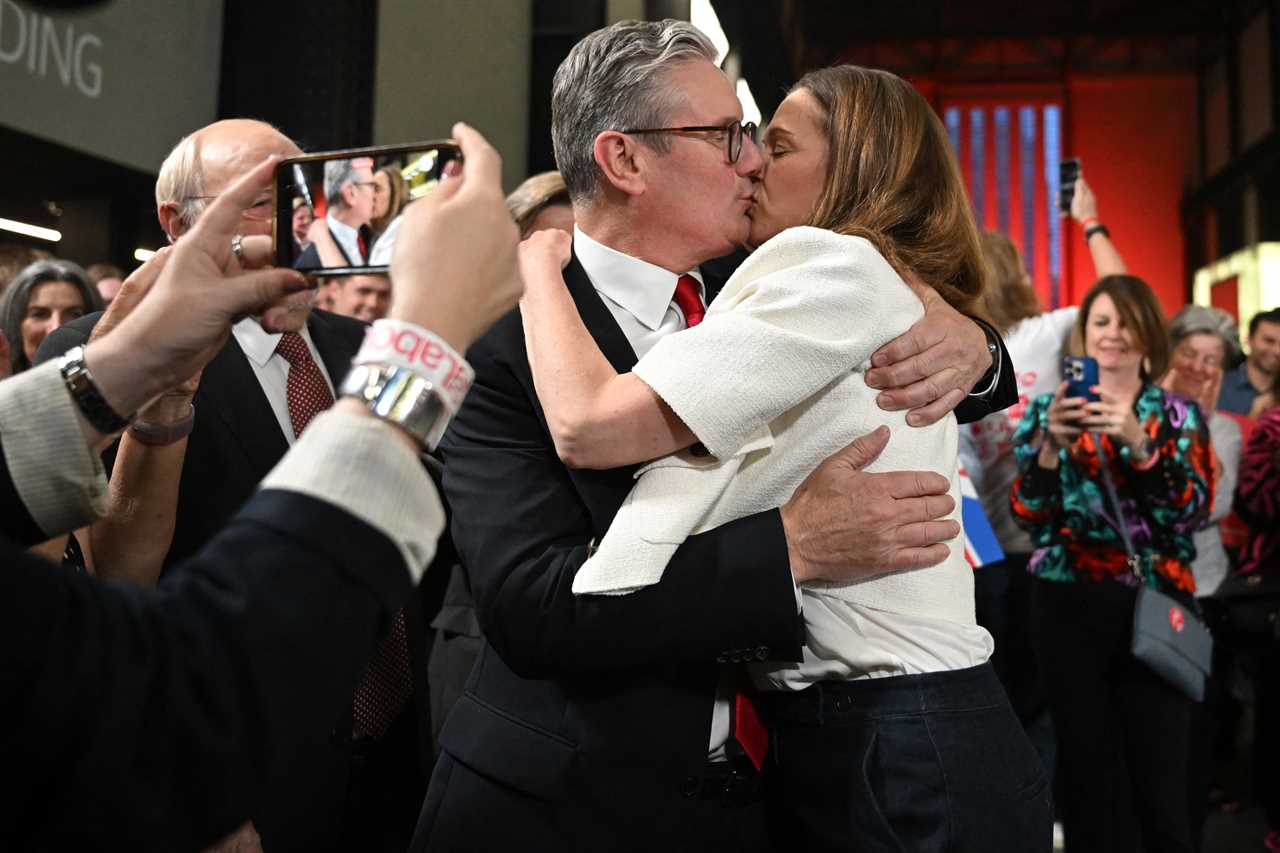
In a significant move towards enhancing democratic participation, Sir Keir Starmer has announced that 16 and 17-year-olds will be granted the right to vote in the upcoming general election, marking a pivotal shift in British electoral norms. This decision, alongside measures to address foreign donations to political parties, underscores a broader effort to revitalise and expand democratic engagement within the UK.
The Progressive Shift: Broadening Voter Eligibility
By lowering the minimum voting age from 18 to 16, Labour's initiative recognises the social and political maturity of younger citizens who contribute to society through work and taxes. Sir Keir emphasised the importance of granting this demographic a voice in shaping public policies that directly impact their lives, highlighting the fundamental principle that those who contribute should have a say in decision-making processes.
Moreover, easing voter ID regulations and enhancing transparency around political donations aim to foster a more inclusive and accountable electoral environment, ensuring that the voices of all citizens, regardless of age or background, are heard and respected.
Challenges and Controversies: Political Responses and Youth Perspectives
While this move has been hailed as a step towards inclusive democracy, it has faced criticism from opposing parties, particularly the Conservatives, who view the expansion of voter eligibility as a partisan tactic. Concerns have been raised about the potential impact on electoral outcomes, with debates emerging on whether this shift will disproportionately benefit specific political ideologies.

On the other hand, responses from young voters themselves reflect a mix of enthusiasm and reservation. Polling data indicates a preference for Labour among 16 and 17-year-olds, yet a considerable portion remain undecided or sceptical about their participation in elections at this stage of their lives. The top concerns voiced by this demographic - the economy, health, and immigration - underscore the diverse range of issues shaping their political consciousness.
Shaping the Future of Democracy: Empowering Youth Voices
Empowering young voices in the electoral process not only enriches democratic discourse but also nurtures a culture of civic engagement and responsibility among future generations. By amplifying the perspectives of 16 and 17-year-olds, political deliberations can reflect a broader spectrum of societal experiences, priorities, and aspirations, ultimately leading to more inclusive and representative governance.
As the UK embarks on this transformative journey towards broadening voter rights, it is crucial to acknowledge the complexities and nuances inherent in such democratic reforms. Balancing the need for political inclusivity with concerns over potential partisan implications demands a careful navigation of divergent viewpoints and interests, ensuring that the democratic fabric of the nation remains robust and responsive to the evolving needs of its citizens.
Did you miss our previous article...
https://trendinginthenews.com/uk-politics/political-fractures-deepen-examining-the-afghan-data-leak-fallout






